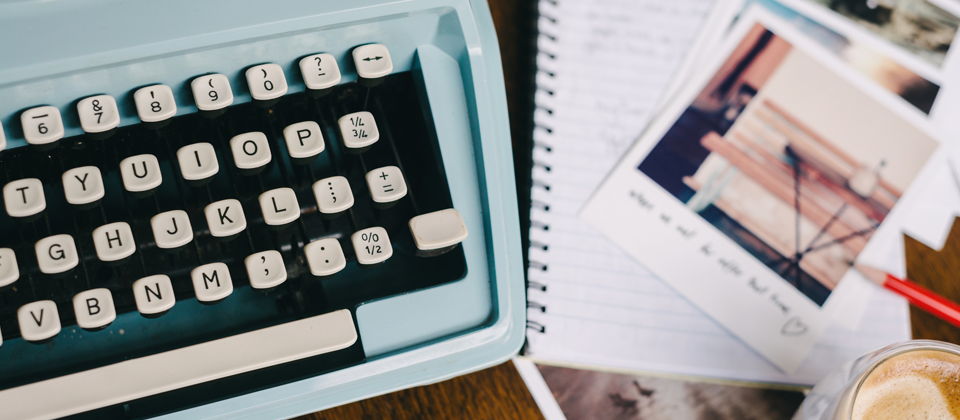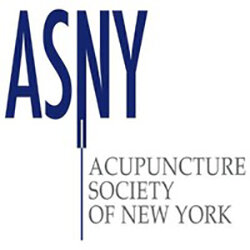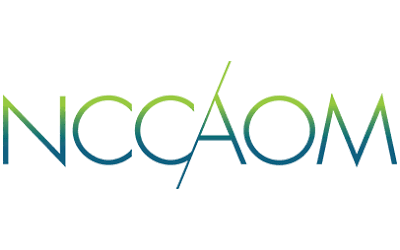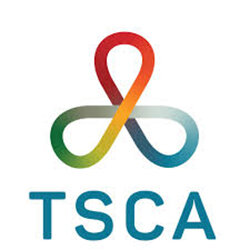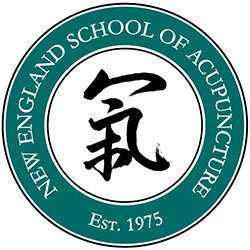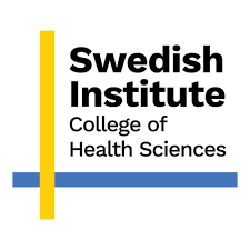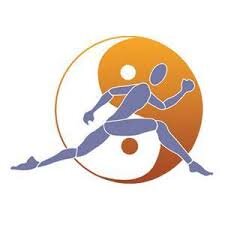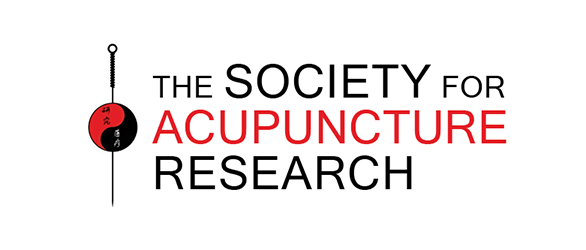Zuo Yue Zi and Postpartum Healing
/The postpartum period is an exciting yet crucial time for new mothers to rest, recover, and bond with their newborns. While modern Western cultures often expect women to bounce back quickly, many are now turning to the ancient Chinese practice of Zuo Yue Zi for a more nurturing postpartum experience. This traditional "sitting month" offers a nurturing approach to recovery that has been gaining popularity worldwide.
While taking a month to recover may seem alien or extreme to Western sensibilities, many Chinese and Asian families observe Zuo Yue Zi, adapting its principles to fit contemporary lifestyles.
What is Zuo Yue Zi?
Zuo Yue Zi, which translates to "sitting the month," is a set of postpartum practices originating from traditional Chinese folk medicine. This holistic approach to recovery emphasizes rest, warmth, and specific dietary guidelines to help new mothers regain their strength and prepare for the demands of motherhood. The practice typically lasts for 30 to 40 days after childbirth, during which time the mother follows strict rules designed to promote healing and prevent future health issues.
While some aspects of Zuo Yue Zi may seem overly cautious by modern standards, many women find that this intentional period of rest and care provides invaluable benefits for their physical and emotional well-being. Let's explore Zuo Yue Zi and how they can be adapted for contemporary lifestyles.
The practice of Zuo Yue Zi
Rest and Confinement
One of the cornerstones of Zuo Yue Zi is the emphasis on complete rest. New mothers do no activities other than recovering and bonding with their babies. Mothers are encouraged to stay indoors and avoid any unnecessary physical exertion for the entire month. This long recovery time stems from the belief that childbirth leaves a woman's body in a weakened state, with loss of blood and immune vulnerability open pores that could allow "wind" to enter and cause illness.
While the confinement may feel practical for women today, the principle of prioritizing rest remains crucial. Studies have shown that adequate rest during the postpartum period can significantly reduce the risk of postpartum depression and anxiety. By allowing the body time to heal and adjust to the demands of motherhood, women can build a stronger foundation for long-term health.
Maintaining Warmth
Another fundamental part of Zuo Yue Zi is keeping the body warm. This includes wearing warm clothing, avoiding cold drinks, and refraining from washing hair or bathing with cold water. The practice believes that exposure to cold can disrupt the body's energy balance requiring energy to stay warm and lead to joint pain or other health issues later in life.
While Western habits of drinking cold drinks may not make sense, the underlying principle of protecting the body from extreme temperature changes remains valid. Gentle warmth can promote circulation and aid in the healing process. New mothers can adapt this rule by ensuring they stay comfortably warm, using warm water for bathing, and avoiding prolonged exposure to air conditioning or cold drafts.
Dietary Guidelines
Nutrition plays a crucial role in Zuo Yue Zi, with specific foods believed to aid in recovery and promote lactation. The traditional diet emphasizes warm, easily digestible foods rich in protein and nutrients. Common ingredients include chicken, fish, eggs, ginger, and various herbs known for their healing properties.
Modern nutritional science supports many aspects of the Zuo Yue Zi diet. A balanced, nutrient-dense diet is indeed essential for postpartum recovery and breastfeeding. However, it's important to consult with a healthcare provider or nutritionist to ensure dietary choices meet individual needs and preferences.
Avoiding Certain Activities
During the Zuo Yue Zi period, new mothers are traditionally advised to avoid activities that can be upsetting such as watching television or using digital devices. This rule aims to protect the eyes and prevent strain on the body and mind. Complete abstinence from these activities may seem impossible in today's world, but the underlying principle of reducing mental stress and focusing on rest remains valuable.
Modern adaptations might include limiting screen time, practicing mindfulness, or engaging in gentle relaxation techniques. This can help new mothers avoid information overload and focus on bonding with their newborns.
The benefits of Zuo Yue Zi
Enhanced Physical Recovery The emphasis on rest and nutrition during Zuo Yue Zi can significantly accelerate physical recovery after childbirth. By allowing the body time to heal without the added stress of daily activities, women may experience faster wound healing, reduced postpartum bleeding, and improved overall strength.
Research has shown that women who practice some form of postpartum confinement often report less fatigue and faster recovery of pre-pregnancy fitness levels. The structured approach to rest and self-care can be particularly beneficial for women who have undergone cesarean sections or experienced complicated deliveries.
Improved Mental Health
The postpartum period can be emotionally challenging, with many women experiencing mood swings, anxiety, or depression. The supportive environment created by Zuo Yue Zi can play a crucial role in promoting mental well-being.
By reducing external stressors and providing a framework for care, Zuo Yue Zi allows new mothers to focus on bonding with their babies and adjusting to their new role. This dedicated time for rest and reflection can help reduce the risk of postpartum depression and anxiety, setting a positive tone for the motherhood journey ahead.
Better Breastfeeding Outcomes
The dietary guidelines and rest practices of Zuo Yue Zi are often associated with improved breastfeeding experiences. The emphasis on nutrient-rich foods and adequate hydration can support milk production, while the reduced stress levels may contribute to a more relaxed breastfeeding environment.
Studies have shown that women who follow postpartum care practices similar to Zuo Yue Zi often report higher breastfeeding success rates and longer durations of exclusive breastfeeding. This can have long-lasting benefits for both mother and child, as breastfeeding is associated with numerous health advantages.
Traditional Chinese medicine holds that proper postpartum care can prevent a range of health issues later in life, including joint pain, headaches, depression and gynecological problems.
While scientific evidence for these long-term benefits is still emerging, the principles of rest, nutrition, and self-care are well-supported by Western healthcare recommendations. By establishing healthy habits and prioritizing recovery during this crucial period, women may indeed be setting the stage for better health outcomes in the years to come.
Book with us today
The ancient practice of Zuo Yue Zi offers a structured and nurturing approach to postpartum care that can benefit modern mothers. This approach to postpartum care offers valuable insights into the importance of honoring and supporting the transformative journey of motherhood.
At Integrative Healing Arts, our experienced team of practitioners can help you develop a personalized plan that combines the wisdom of ancient practices with modern medical knowledge, ensuring the best possible start to your motherhood journey.
Book your first appointment today to learn how we can help with your postpartum journey.

